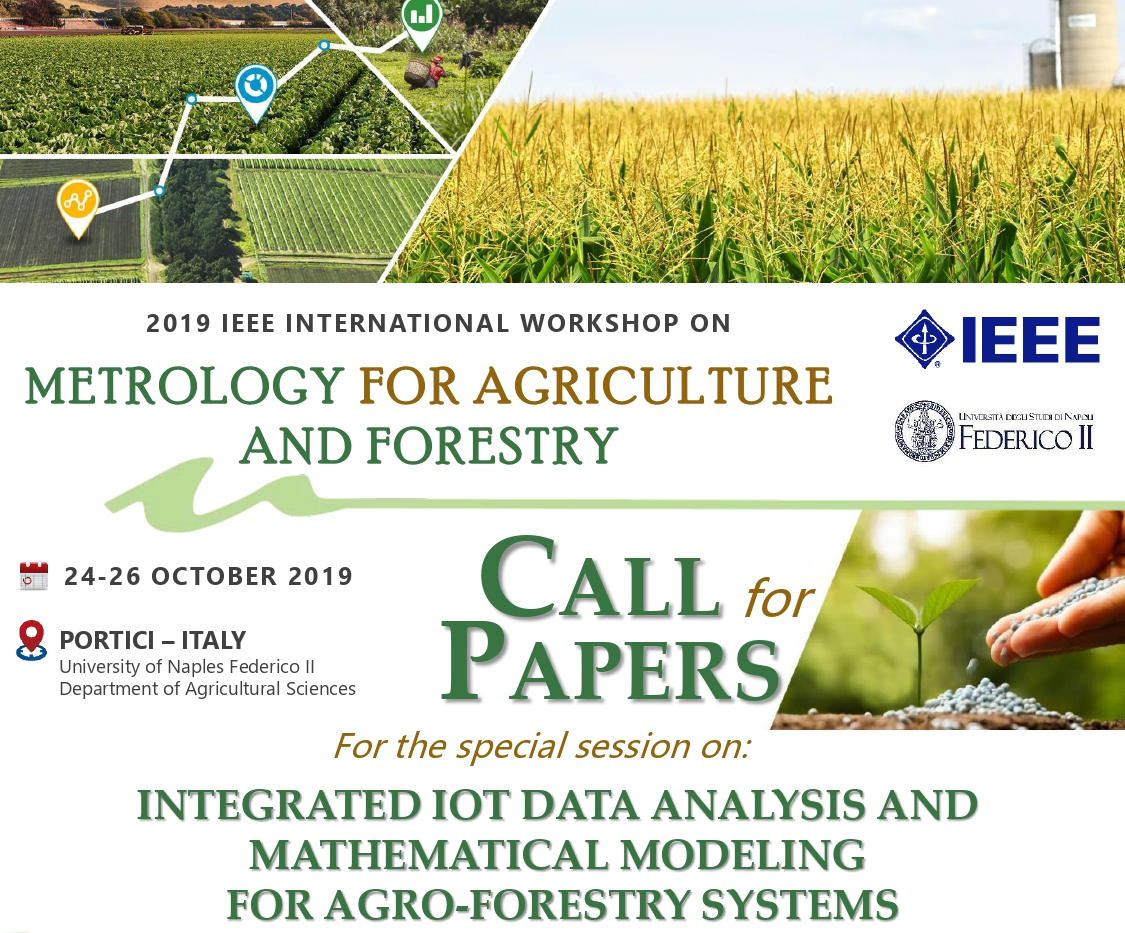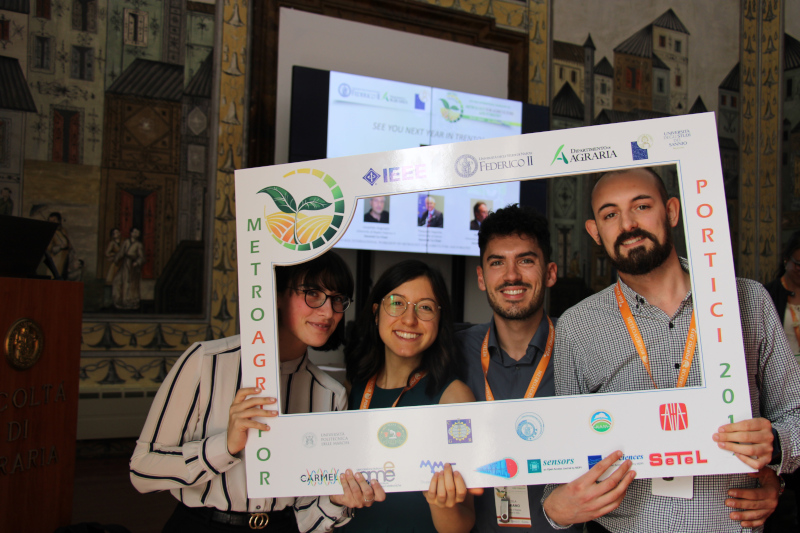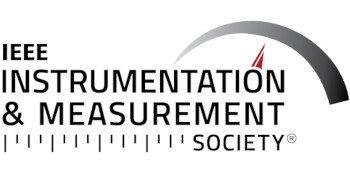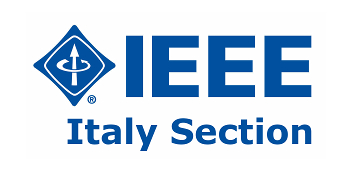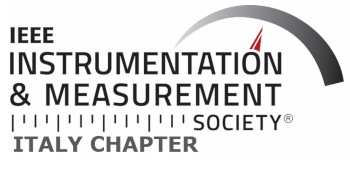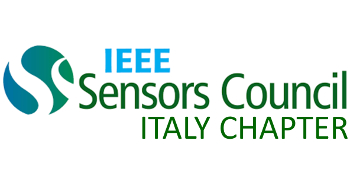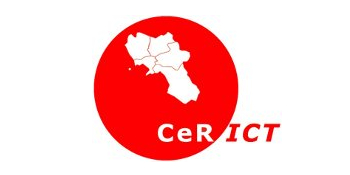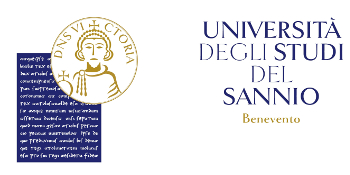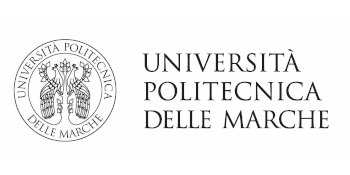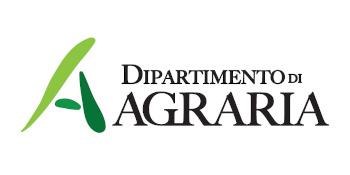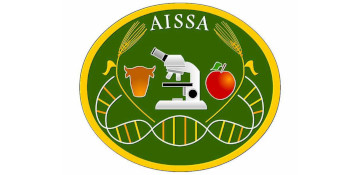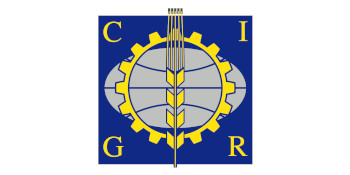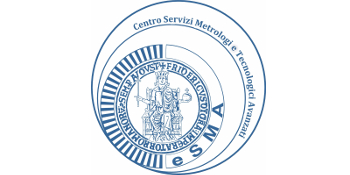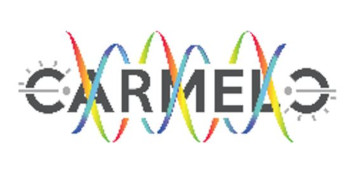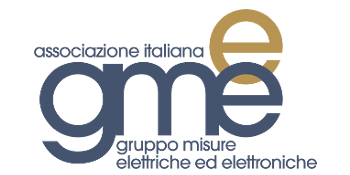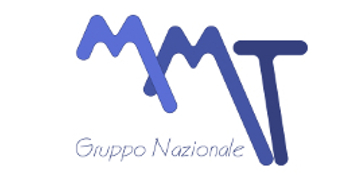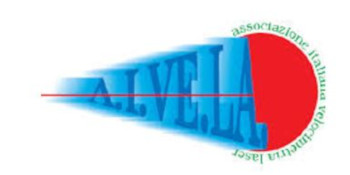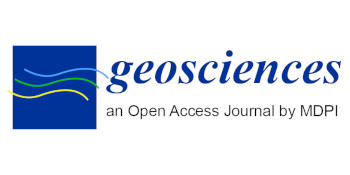Integrated IoT Data Analysis and Mathematical Modeling for agro-forestry systems
ORGANIZED BY
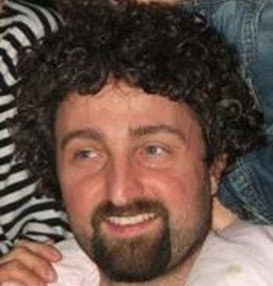
Francesco Giannino
University of Naples Federico II, Italy
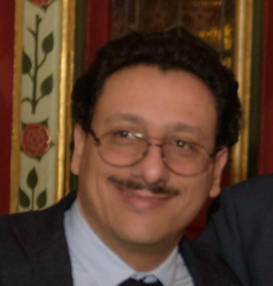
Salvatore Cuomo
University of Naples Federico II, Italy
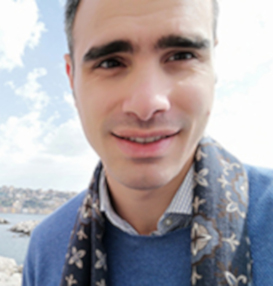
Francesco Piccialli
University of Naples Federico II, Italy
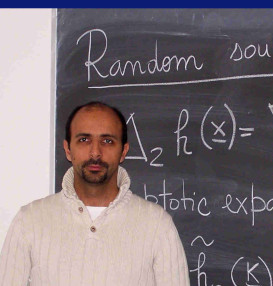
Gerardo Severino
University of Naples Federico II, Italy
ABSTRACT
The analysis of complex systems, influenced by several factors and system behaviors, is a hard challenge. Nowadays, the concept of “things” as mixture of devices, services, data, model and software tools has definitively changed the way to investigate these complex systems.
The integrated technologies for data, sensors, models and tools is starting to be a consolidated strategy in some specific areas, such as agriculture and forestry.
Specifically, data-driven modeling is a scientific framework in which methods, systems and processes are integrated to infer useful knowledge from available data.
TOPICS
Problems of interest include but not limited to both methodologies and applications:
- Integrated data and model system;
- IoT for agro-forestry systems;
- New sensor for agriculture;
- Mathematical and computational aspects for integration data and model;
- Data Mining techniques for IoT data analysis;
- Data Science approaches in agro-forestry systems;
- IoT framework and architecture for agro-forestry systems.
ABOUT THE CONVENERS
Francesco Giannino, is currently with the Department of Agricultural Sciences, University of Naples Federico II. His research interest is mainly devoted to the design, development, and analysis of mathematical models in biology. His methodological and computational aspects have been considered for several different applications. His research has been carried out in the frame of several international projects and collaborations with European research groups, which are leaders in the area of biology modeling.
Salvatore Cuomo, received the Laurea degree in mathematics magna cum laude and the Ph.D. degree in applied mathematics and computer science from the University of Naples Federico II, Naples, Italy, in 1997 and 2014, respectively.,He is an Assistant Professor in numerical analysis with the University of Naples Federico II, Italy. His research field interests are in mathematical models for applied sciences, numerical approximation theory and applications, parallel and distributed computing, inverse problems arising from image analysis and information technology for automatic data processing in medicine and teaching environments.
Francesco Piccialli received his PhD in Computational and Computer Science from the University of Naples ‘Federico II’, Italy in 2016. He joined the Computer Science Inter-University Consortium (CINI) in 2014, where he is currently a Research Collaborator. He joined the Department of Mathematics and Applications ‘Renato Caccioppoli’ in 2013, where he is currently a researcher. He has served as an Associate Editor for IEEE Access since 2016, and he is currently a member of the Editorial Board of Future Generation Computer Systems and Personal and Ubiquitous Computing journals, since 2016. His research interests include data mining, internet technology, sensor network and internet of things.
Gerardo Severino is currently with the Department of Agricultural Sciences, University of Naples Federico II (Italy). His research activity is concerned with the theory of flow and transport in heterogeneous porous formations; up-scaling of hydraulic properties; hydraulics of wells in randomly heterogeneous aquifers; soil hydrology; stochastic differential equations; inverse modeling.
He is a member of several international and national research projects. He serves as an Associate Editor for numerous leading journals, and he has several ongoing research cooperations with both national and international academic Institutions.


